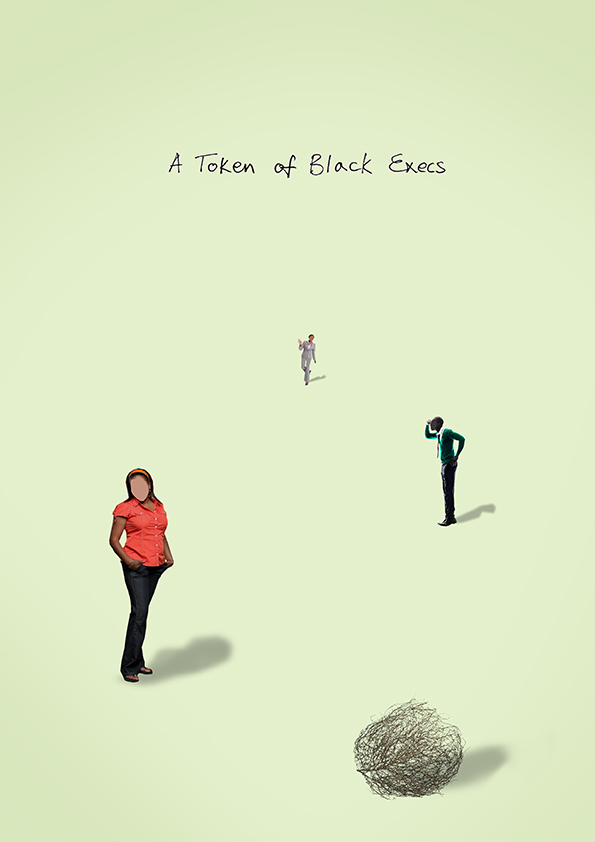In 2007 everyone said ‘if you don’t have digital in your book, you’re a dinosaur’. Then what happened?
I’m just having a read of this FT article on how ‘Mad Men Lost The Plot’.
The gist of it is that we all rushed towards ‘digital’ advertising because it allowed companies to target their consumers with far greater accuracy than a TV ad. Why spend a huge amount of money communicating to ten million people when many of them won’t have the faintest interest in your category, let alone your brand? Well, apparently there’s no brand growth in targeting your already-loyal customers (the ones who sign up to your Facebook page); you need to target the light users and nudge them into making their use a little less light. What media are best for that? TV, press, posters and radio.
The other problem with much of ‘digital’ (funny how terrible human beings are when it comes to really important adjectives. Have you ever wondered why people describe so many things as ’emotional’ without even specifying which emotion? ‘Digital’ is the same: so much covered with a single word that it’s now virtually meaningless) is that it’s boring. Think of those little banners that follow you all over the internet after you almost buy a shirt from a website but change your mind before completing the purchase. Or the messages on the right hand side of your Facebook feed. Boring and annoying: two adjectives you really shouldn’t have anywhere near your brand if you want people to like it.
“Les Binet, from John Lewis’s agency Adam & Eve DDB, is one of the industry’s most respected experts on advertising effectiveness. In 2013, on behalf of the IPA, Binet, along with Peter Field, conducted an analysis of the most successful UK campaigns of the past 30 years. They found that “the most effective advertisements of all are those with little or no rational content”, and that TV is the emotional medium par excellence. An online banner ad, however smartly targeted, is unlikely to make anyone grin, gasp or weep.”
So why did we rush with such abandon towards this new frontier? A few reasons:
- The ad industry loves new things (see: ageism). Beyond that, it also hates to get left behind (see: the desperate openings of agencies on Second Life). Digital was both ‘new’ and ‘cool’; how could advertising not smooch its buttocks into oblivion?
- Human beings like things they can measure, which is why quantity so often wins over quality. Show me 50 ideas and I’ll know without any doubt that you did the work for which I pay you money. Give me a single, brilliant idea and there’s still a nagging feeling that you just came up with it while sitting on the lav in between games of Halo. Digital advertising can be measured with (theoretically) great accuracy, so the people paying for it feel far more comfortable with it. Alas, what they failed to measure was the huge amount of fraud in those measurements.
- We all do it. We’re all in the digital space all day: sending emails, visiting websites, liking pictures on Facebook. How could the idea of putting out messages in this medium be anything other than THE RIGHT THING TO DO? Perhaps we forgot that we spend all our time in the digital space doing the things we like to do and hating anything that interrupts that. Y’know, like ads.
Anyway, billions of pounds/dollars later, here we are. The annoying ads still follow you around, click through rates are still minuscule and TV ads are still alive, well and expensive.
Perhaps we forget that dinosaurs were around for hundreds of millions of years before they died out.

